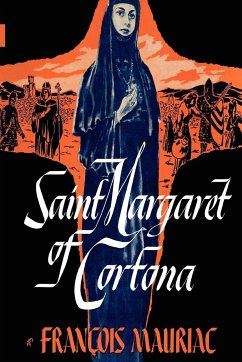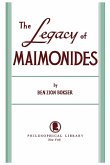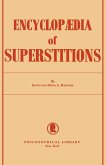Margaret of Cortona was an Italian penitent of the Third Order of St. Francis. She was born in Laviano, near Perugia, and died in Cortona. She was canonized in 1728. She is the patron saint of the falsely accused; hoboes; homeless; insane; orphaned; mentally ill; midwives; penitents; single mothers; reformed prostitutes; third children; tramps. Saint Margaret of Cortona aroused Mauriac¿s interest because very little is known about her in France and she succumbed to human love and even had a child. It distracted him in a time where the Germans were all over France and he followed her wherever she led him. This is the story of one such encounter. Mauriac, François 1885¿1970, French writer. Mauriac achieved success in 1922 and 1923 with Le Baiser au lépreux and Genitrix (tr. of both in The Family, 1930). Generally set in or near his native Bordeaux, his novels are imbued with his profound, though nonconformist, Roman Catholicism. His characters exist in a tortured universe; nature is evil and man eternally prone to sin. His major novels are The Desert of Love (1925, tr. 1929), Thérèse (1927, tr. 1928), and Vipers' Tangle (1932, tr. 1933). Other works include The Frontenacs (1933, tr. 1961) and Woman of the Pharisees (1941, tr. 1946); a life of Racine (1928) and of Jesus (1936, tr. 1937); and plays, notably Asmodée (1938, tr. 1939). Also a distinguished essayist, Mauriac became a columnist for Figaro after World War II. Collections of his articles and essays include Journal, 1932¿39 (1947, partial tr. Second Thoughts, 1961), Proust's Way (1949, tr. 1950), and Cain, Where Is Your Brother? (tr. 1962). Mauriac received the 1952 Nobel Prize in Literature.
Hinweis: Dieser Artikel kann nur an eine deutsche Lieferadresse ausgeliefert werden.
Hinweis: Dieser Artikel kann nur an eine deutsche Lieferadresse ausgeliefert werden.








